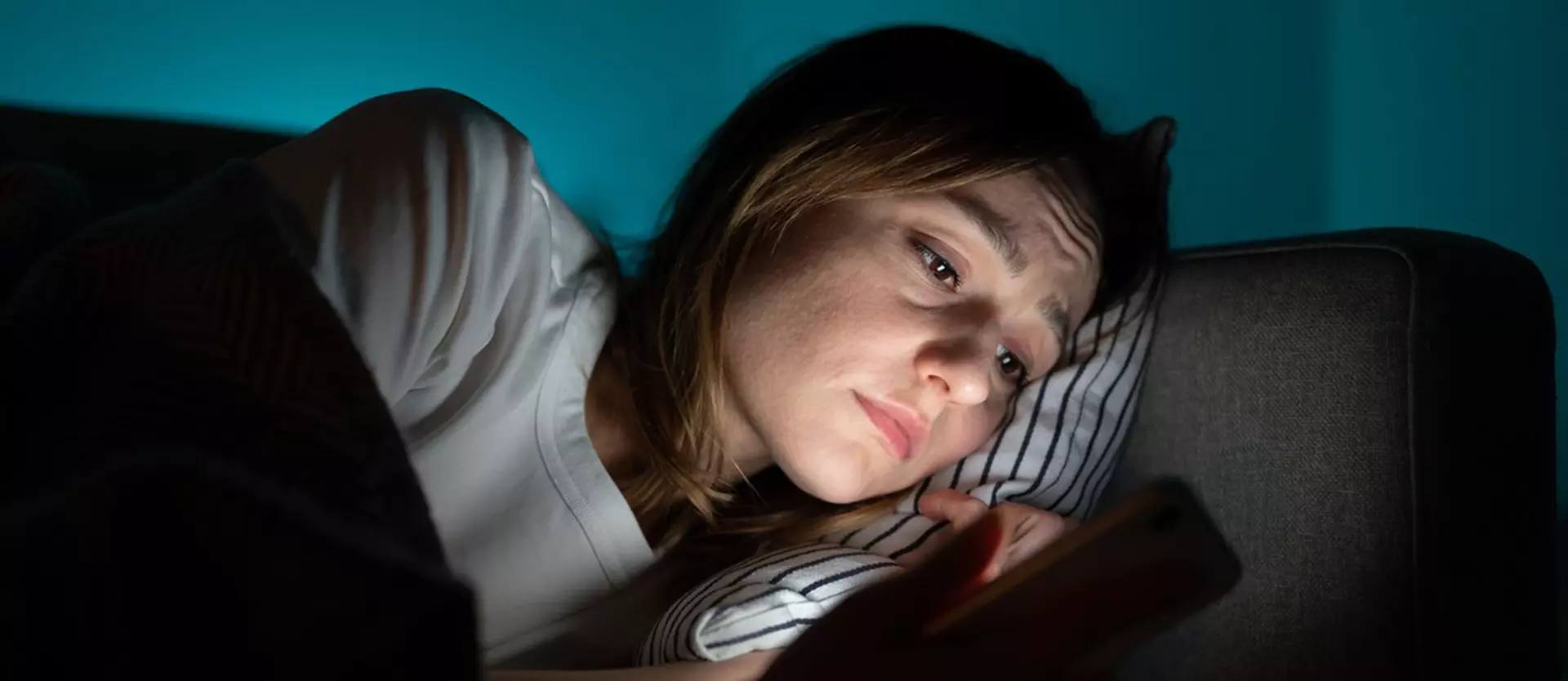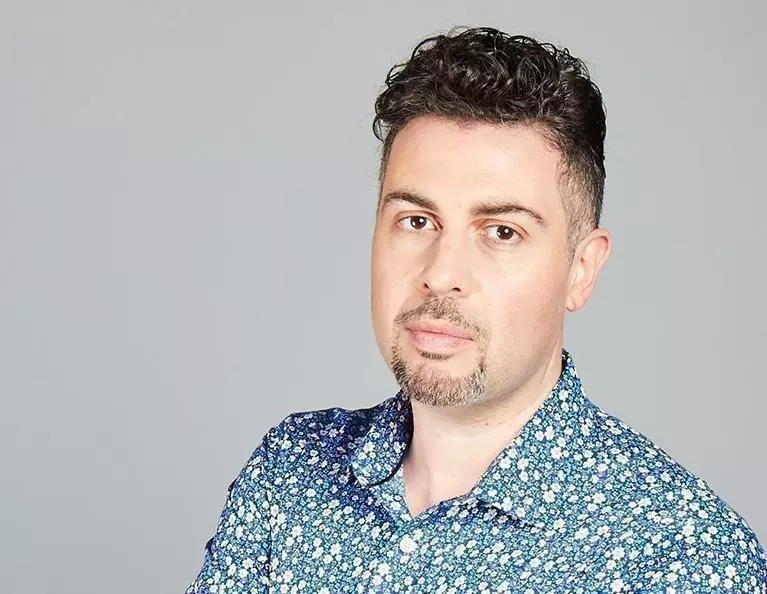Nothing beats a night of deep and refreshing sleep. Moreover, we all know how we feel in the morning when we don’t manage to get a good night’s sleep. But how does this affect our hair?
Getting decent sleep is important for many reasons, including maintaining healthy hair. You may know that stress isn’t good for you, and a lack of sleep can lead to an increase in cortisol – otherwise known as the stress hormone. You may feel heightened levels of stress when you haven’t had enough sleep… and stress can also impact your ability to sleep, so it’s a circle you don’t want to get into.
If you’re struggling to sleep, you may notice you lose more hair than usual. This hair loss is not permanent, although it may take some months to grow back what you’ve lost. Let’s dig a little deeper to find out more about lack of sleep and how it affects hair growth.
Is There a Link Between Melatonin and Hair Loss?
There have been studies examining the role melatonin may play in hair growth and loss. Each of your hair follicles has a melatonin receptor, and when melatonin is topically applied to these, the hair appears to grow faster thanks to a longer growth stage.
These studies have targeted topical application of melatonin, so it isn’t known whether an increase in the body’s overall melatonin levels has any impact on hair growth. However, we know that melatonin can help those with insomnia sleep better, so it makes sense that it might also improve hair growth, even if not directly.
Does Serotonin Help Hair?
We’re not leaving melatonin behind here, but we are going to focus on serotonin for a moment. This is a neurotransmitter, and it helps improve the quality of your sleep. For the purposes of this article, serotonin can do three things:
- It can help you sleep better
- It can help you sleep for longer
- It can help your body make melatonin
Yes, there’s that melatonin link. So, if your levels of serotonin are lower than they should be, chances are your melatonin levels have also taken a hit. There are some quick ways to boost your serotonin levels, including increasing your exercise levels. This also helps to reduce any stress you might be feeling. Getting some sun helps too.
How to Stop Hair Loss Caused by a Lack of Sleep
Research into hair loss and associated levels of serotonin and melatonin is ongoing, so we may get further information on those in the future. However, not getting enough sleep is far from ideal, so it makes sense to do everything we can to resolve that.
Of course, it’s not always that easy, so it’s wise to take steps to protect your hair to try and minimize hair loss whenever you can. Fortunately, there are some easy ways you can do that.
If you’re going through a period of poor sleep, you’ll be familiar with tossing and turning as you try to settle. This rubs your hair against your pillowcase, and if like most people you have cotton pillowcases, it can lead to more breakages and hair loss. Switch to silk to improve this. It’s also a good idea to brush your hair as gently as you can before settling down, to avoid any knots becoming worse overnight.
Will Hair Loss Caused by Poor Sleep Become Permanent?
No, you should notice a gradual improvement as you tackle your sleep issues and begin to reset your melatonin and serotonin levels in turn. It’s worth noting that the occasional poor night’s sleep shouldn’t have any detrimental effects on your hair. However, if you experience poor sleep regularly, you may then start to experience some hair loss.
Speak to your stylist for further advice about taking care of and protecting your hair if you’re going through a period of poor sleep. You may also want to speak to your healthcare provider for further advice. In some cases, a short course of melatonin can help right things and make you sleep better. However, other life changes, such as reducing stress levels and getting some exercise, also have roles to play.
To learn more and to schedule a complimentary hair and scalp analysis, contact the team at Unique Hair Concepts.






